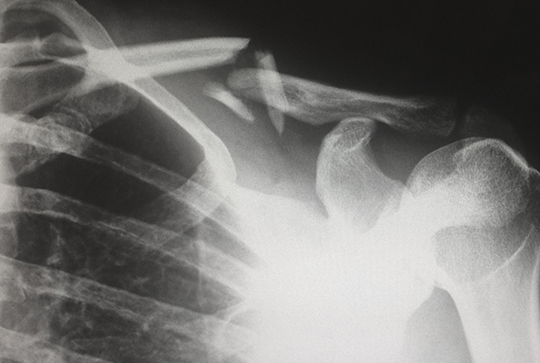Health screenings are essential in detecting and preventing serious medical issues. Two commonly recommended tests are bone density tests and EKGs, which can provide critical information about bone health and heart function, respectively. Knowing the cost of these tests helps individuals make informed decisions, especially if they’re navigating expenses without comprehensive health insurance. Here’s an in-depth look at these two crucial exams and their typical costs.

What Is a Bone Density Test?
A bone density test, or DEXA scan, measures the amount of calcium and other minerals in a person’s bones. This test is particularly useful for assessing the risk of osteoporosis, a condition that causes bones to become fragile and more likely to break. Osteoporosis often progresses silently, without symptoms, making routine screenings an invaluable preventive tool.
A bone density test is recommended especially for older adults and postmenopausal women, who are at higher risk for bone density loss. The test itself is quick, painless, and typically conducted on the spine and hips, areas most susceptible to fractures.
Bone Density Test Cost
The bone density test cost can vary significantly based on several factors, including location, facility type, and insurance coverage. On average, a bone density test costs between $100 and $300. This price range can fluctuate, especially if a patient requires more extensive screening in multiple areas of the body.
For those with health insurance, a portion or even the entirety of the test cost may be covered, particularly if the test is medically necessary. It’s recommended to check with both the medical provider and the insurance company beforehand to understand what out-of-pocket expenses might apply. For uninsured individuals or those with high-deductible plans, many health facilities offer discounts or financing options to help manage the cost.
What Is an EKG?
An electrocardiogram (EKG) is a test that records the electrical signals of the heart. This test is a critical diagnostic tool for assessing heart health, identifying irregular heart rhythms, and detecting issues like heart attacks or other cardiac disorders. Physicians may recommend an EKG if a patient exhibits symptoms like chest pain, dizziness, shortness of breath, or an irregular heartbeat.
The EKG procedure itself is simple and non-invasive. It involves attaching electrodes to the skin, usually on the chest, arms, and legs, to capture the heart’s electrical activity. The process takes only a few minutes and can be performed in a doctor’s office, hospital, or outpatient clinic.
Cost of EKG
The cost of EKG can range widely, often falling between $50 and $200 for a standard test. However, this price can increase depending on whether additional tests or monitoring are needed. Like the bone density test, insurance may cover part or all of the cost of an EKG if it’s deemed medically necessary. Patients without insurance should ask the provider about cash-pay discounts, as many facilities offer reduced rates to uninsured patients.
Making Informed Choices for Your Health
While health screenings can sometimes seem costly, they play an invaluable role in preventive care and early detection of serious health conditions. Knowing the potential costs for both bone density tests and EKGs enables individuals to plan financially and prioritize their health without unexpected financial burdens.
In summary, managing health costs involves researching local facilities, understanding insurance coverage, and asking about payment options. For those seeking more information on managing healthcare expenses, acaweb.com offers insights and resources that may be helpful in navigating these important decisions.
source Url: - https://sites.google.com/view/acaweb08/home




Comments